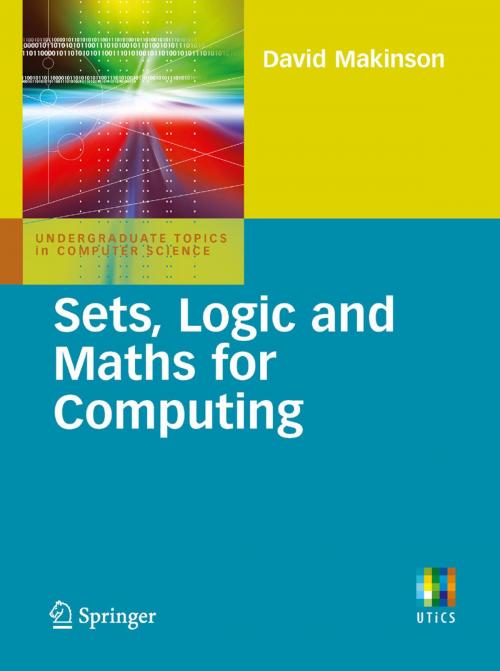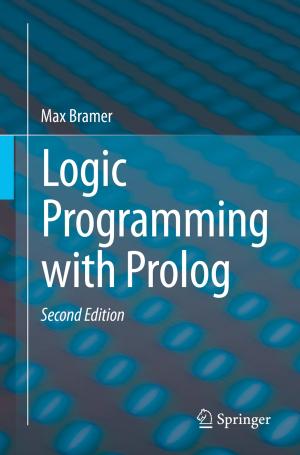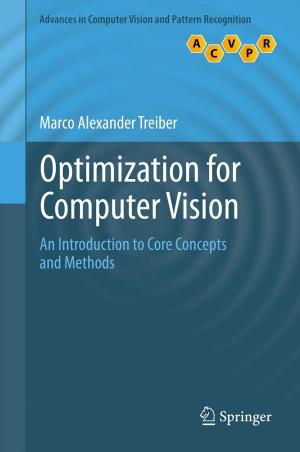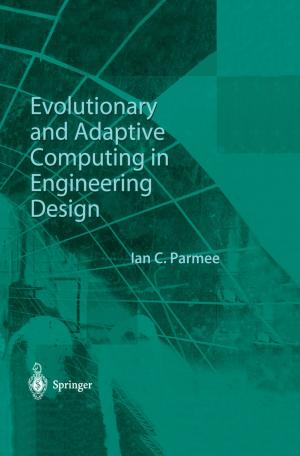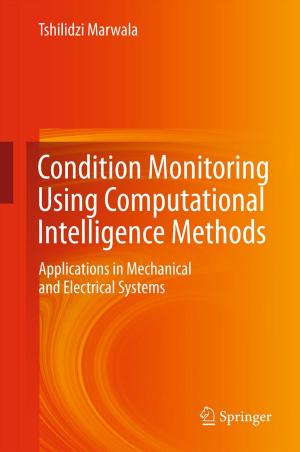Sets, Logic and Maths for Computing
Nonfiction, Computers, Advanced Computing, Computer Science, Database Management, Data Processing, General Computing| Author: | David Makinson | ISBN: | 9781846288456 |
| Publisher: | Springer London | Publication: | June 29, 2009 |
| Imprint: | Springer | Language: | English |
| Author: | David Makinson |
| ISBN: | 9781846288456 |
| Publisher: | Springer London |
| Publication: | June 29, 2009 |
| Imprint: | Springer |
| Language: | English |
The first part of this preface is for the student; the second for the instructor. But whoever you are, welcome to both parts. For the Student You have finished secondary school, and are about to begin at a university or technical college. You want to study computing. The course includes some mathematics { and that was not necessarily your favourite subject. But there is no escape: some finite mathematics is a required part of the first year curriculum. That is where this book comes in. Its purpose is to provide the basics { the essentials that you need to know to understand the mathematical language that is used in computer and information science. It does not contain all the mathematics that you will need to look at through the several years of your undergraduate career. There are other very good, massive volumes that do that. At some stage you will probably find it useful to get one and keep it on your shelf for reference. But experience has convinced this author that no matter how good the compendia are, beginning students tend to feel intimidated, lost, and unclear about what parts to focus on. This short book, on the other hand, offers just the basics which you need to know from the beginning, and on which you can build further when needed.
The first part of this preface is for the student; the second for the instructor. But whoever you are, welcome to both parts. For the Student You have finished secondary school, and are about to begin at a university or technical college. You want to study computing. The course includes some mathematics { and that was not necessarily your favourite subject. But there is no escape: some finite mathematics is a required part of the first year curriculum. That is where this book comes in. Its purpose is to provide the basics { the essentials that you need to know to understand the mathematical language that is used in computer and information science. It does not contain all the mathematics that you will need to look at through the several years of your undergraduate career. There are other very good, massive volumes that do that. At some stage you will probably find it useful to get one and keep it on your shelf for reference. But experience has convinced this author that no matter how good the compendia are, beginning students tend to feel intimidated, lost, and unclear about what parts to focus on. This short book, on the other hand, offers just the basics which you need to know from the beginning, and on which you can build further when needed.
